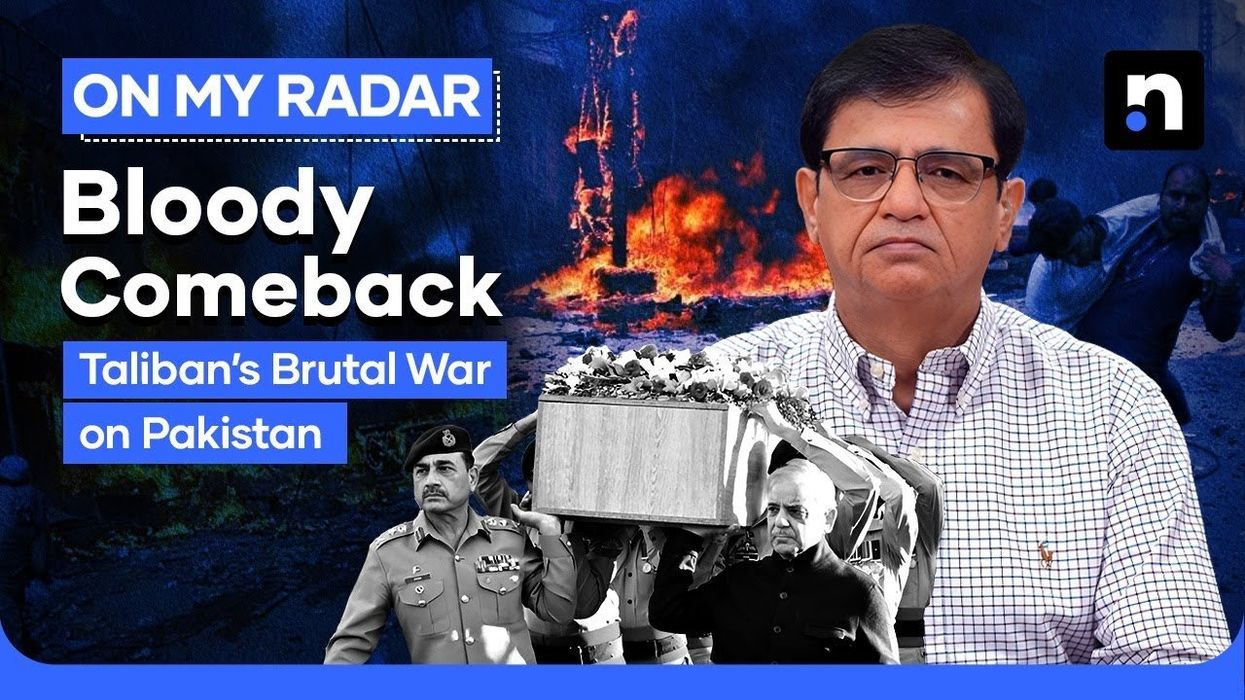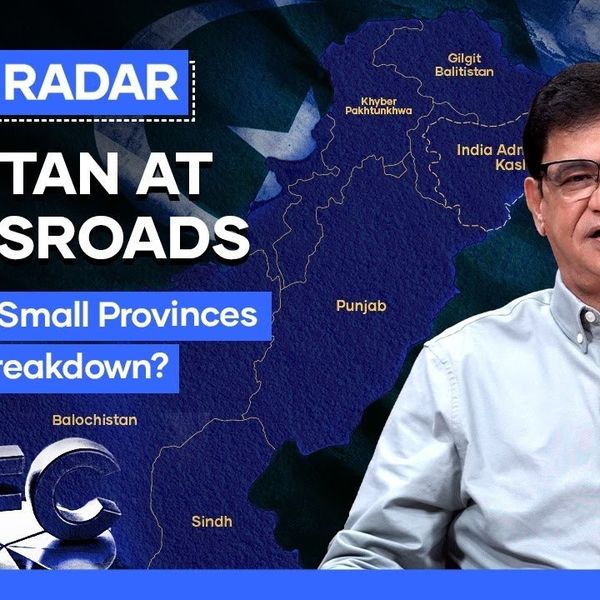Pakistan battles resurgent wave of militancy
Kamran Khan says Pakistan faces a deadly new wave of terrorism fueled by Afghan and Indian factors
News Desk
The News Desk provides timely and factual coverage of national and international events, with an emphasis on accuracy and clarity.
Despite Pakistan’s improved diplomatic standing and rising global prestige, the country is once again in the grip of a deadly new wave of terrorism.
Kamran Khan says the banned Tehreek-e-Taliban Pakistan (TTP) has intensified its guerrilla warfare, posing a serious threat to national security.
According to Khan, the insurgent network’s resurgence is being fueled by what he called the “apparent backing” of Afghanistan’s Taliban government and “Indian-sponsored” terrorism. The violence has hit Pakistan’s border provinces of Khyber Pakhtunkhwa and Balochistan hardest.
In the past 24 hours alone, 12 Pakistani soldiers — including Lt. Col. Junaid Tariq and Majors Tayyab Rahat and Sibtain Haider — were killed in multiple attacks, while 26 militants were neutralized. The timing of these assaults, Khan noted, coincides with Afghan Foreign Minister Amir Khan Muttaqi’s visit to India.
Daily ambushes on convoys, improvised explosive device blasts, and suicide bombings have become routine in Pakistan’s northwest. Khan said Islamabad has credible evidence of coordination between the TTP, elements within Afghanistan, and Indian intelligence networks.
Deadly surge in attacks
The year 2025 has already become one of Pakistan’s deadliest in a decade. Data from the Center for Research and Security Studies show 2,414 people have been killed in terrorist incidents as of Oct. 8 — 96% of them in Khyber Pakhtunkhwa and Balochistan.
Between July and September alone, 901 people were killed and nearly 600 injured in terrorist violence, with security personnel making up a significant portion of casualties. Khyber Pakhtunkhwa accounted for 71% of all fatalities nationwide, Khan said.
In Balochistan, the Jaffar Express train has faced seven bombings and sabotage attempts this year. Over the past three weeks, four major attacks in Khyber Pakhtunkhwa have left 31 soldiers dead and more than 70 militants killed.
Khan recalled that 2024 saw Pakistan record its highest number of terror incidents since 2015, with 2,546 fatalities, pushing the country to second place on the Global Terror Index. Analysts now fear that 2025 could surpass those figures.
Islamabad maintains that the TTP’s increasing activity is linked to sanctuaries inside Afghanistan. Pakistan has repeatedly urged the Taliban government to take action against militants moving freely on Afghan soil, but Kabul has yet to respond decisively.
This growing mistrust has deepened tensions between the two neighbors. Meanwhile, intelligence-based operations and frequent attacks along Pakistan’s western frontier have displaced families across several districts, including Peshawar, Kohat, and Tank.
Khan warned that the TTP’s evolving guerrilla strategy has placed Pakistan’s national security under unprecedented strain, transforming the country’s counterterrorism challenge into one of its most formidable in years.











Comments
See what people are discussing